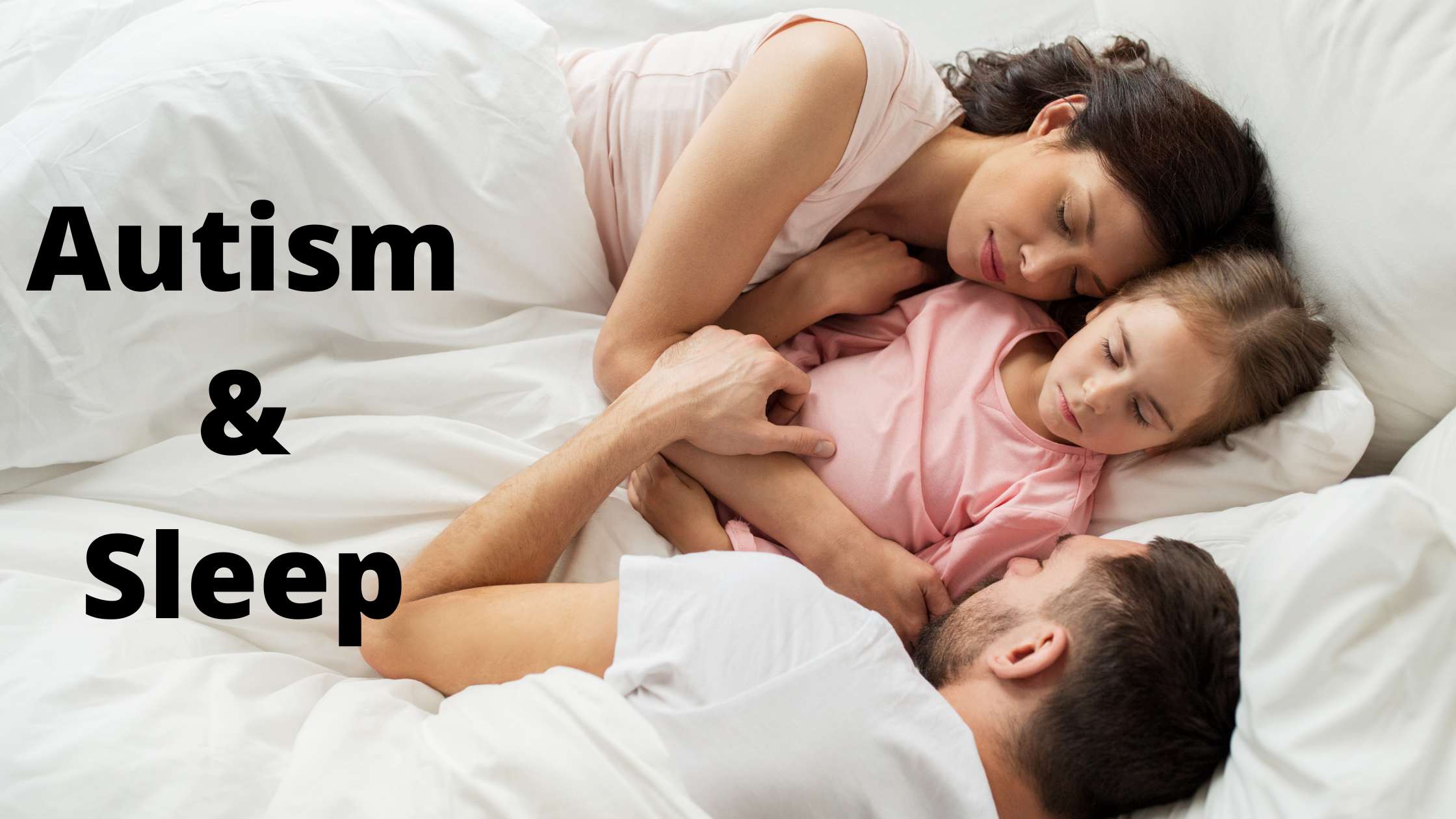
Children with autism may have trouble sleeping, which can be problematic for both them and the family. Many children with autism experience sleeping issues. When children are diagnosed with autism, parents should monitor sleeping problems that they can share with their physician. Below is more information on how sleep and autism are connected, and what you can do to help.
Why might your child struggle to sleep?
Your child may struggle to sleep for many reasons. One issue may be the onset or maintenance of sleep. This is known as insomnia, and many children with autism struggle with insomnia.
Insomnia is the inability to fall asleep or stay asleep for long periods. This could be due to behavior/mental struggles or something neurological. They may have trouble winding down or getting comfortable enough for sleep. They may also have increasing anxiety or an inability to relax. A lack of social cues (which is a key symptom of autism) may also prevent children from realizing that it's time to go to sleep.
Children's insomnia may have something to do with neurological issues. Conditions, like epilepsy, may cause problems with children going to sleep. They may also have irregular secretion of the sleep hormone, melatonin, which can help regulate sleep patterns. This can lead to disruptive sleep patterns, which can make it difficult to go to sleep.
Allergies or other gastrointestinal issues may be the cause of insomnia, as well. If children consume any caffeine and are hypersensitive, then they may experience exaggerated stimulatory effects of the chemical.
Hypersomnia is a state of too much sleeping that can be caused by the additional stress that individuals with autism deal with during every interaction throughout their day. This fluctuation in sleep can cause a regression in progress and increase the occurrence of anxiety, depression, hyperactive or inattentive disorders, among other symptoms.
How can you help?
It's important to address these sleep disturbances. Sleep is important for regulating emotions, maintaining focus, memory, and learning. Children with autism may already struggle with some of these activities. A lack of sleep will exacerbate these issues. Starting with a good foundation of sleep may help children really improve.
Establish sleep as important
One way you can help is to talk about why sleep is important. If children understand why it's important for them to get good sleep, then they may value it more than playing video games, watching TV, reading, or any other activities that can keep them awake.
Track sleep
If your child is having sleep problems, then you should keep track. When you talk about their lack of sleep to their doctor, it will be easier to give the physician a better idea about their normal sleep patterns if you have a daily or weekly log. This log can be a diary or notes that you take on your phone. It's important to note what the child did that day, if anything was distressing before bed or throughout the day, and how they slept.
Create and stick to a routine
Good sleep routines, or sleep hygiene, are important for people of all ages. They help train the brain and prepare it for sleep. Without this routine, children may not be able to equate certain activities with bedtime. Preparing children, by performing certain activities (like reading, taking a bath, eating dinner, doing a family activity) can make going to sleep easier. The brain will secrete certain sleep hormones on a more consistent basis, and children will fall into a routine where they will actually be ready for bed.
Improve the sleeping environment
The sleeping environment is very important, especially if your child's sleep issues stem from a lack of comfort or anxiety. By creating a comfortable sleeping environment, you may be able to alleviate some of those disturbances. Too much light, noise, stimulating colors, and uncomfortable covers or bed sheets may make it hard for children to stay asleep throughout the night. Bedrooms should be cool, dark, and quiet for optimal sleep. Opt for neutral or cool colors that induce bedtime. If nightlights are necessary, try to use one with a timer or dimmer that reduces disturbances throughout the night.
Diet and Medication
Check on your child's diet and medication. Upset stomachs may play a large role in children's inability to get a good night's sleep. If they are lactose intolerant, exposed to lead, or consuming large amounts of sugar or stimulating foods and drinks (like caffeinated beverages), then this may interfere with their ability to sleep well.
Melatonin may help children get good sleep. It is a synthetic version of the natural hormone released by the brain. If they are producing less of it, then receiving it synthetically may help. You can find supplements at the local pharmacy, but it's best to consult your physician before making any changes.
Get some sleep as the parent
As a parent, your sleep is just as valuable. All of the challenges of not receiving enough sleep, as mentioned above, also affect you, not just children. Therefore, if you are tired, you will be less patient and in the mood to properly support your child in their sleep struggles.
It's also important to demonstrate positive sleep behaviors as a parent so your children emulate you. If you are too anxious about the well-being of your child, there are some measures you can take to help you relax.
Safety-proof your child's room so you can sleep knowing that they cannot harm themselves throughout the night. Check out local resources, as well, to see if they have any tips or access to other services that may be useful for your family.
If your sleeping issues and your child's seem to be ongoing, then you may need to reach out to a sleep health professional. Please click the orange button below to take a free online sleep test and get in touch with someone in our facilities!
https://www.autism.org.uk/advice-and-guidance/topics/physical-health/sleep/parents

